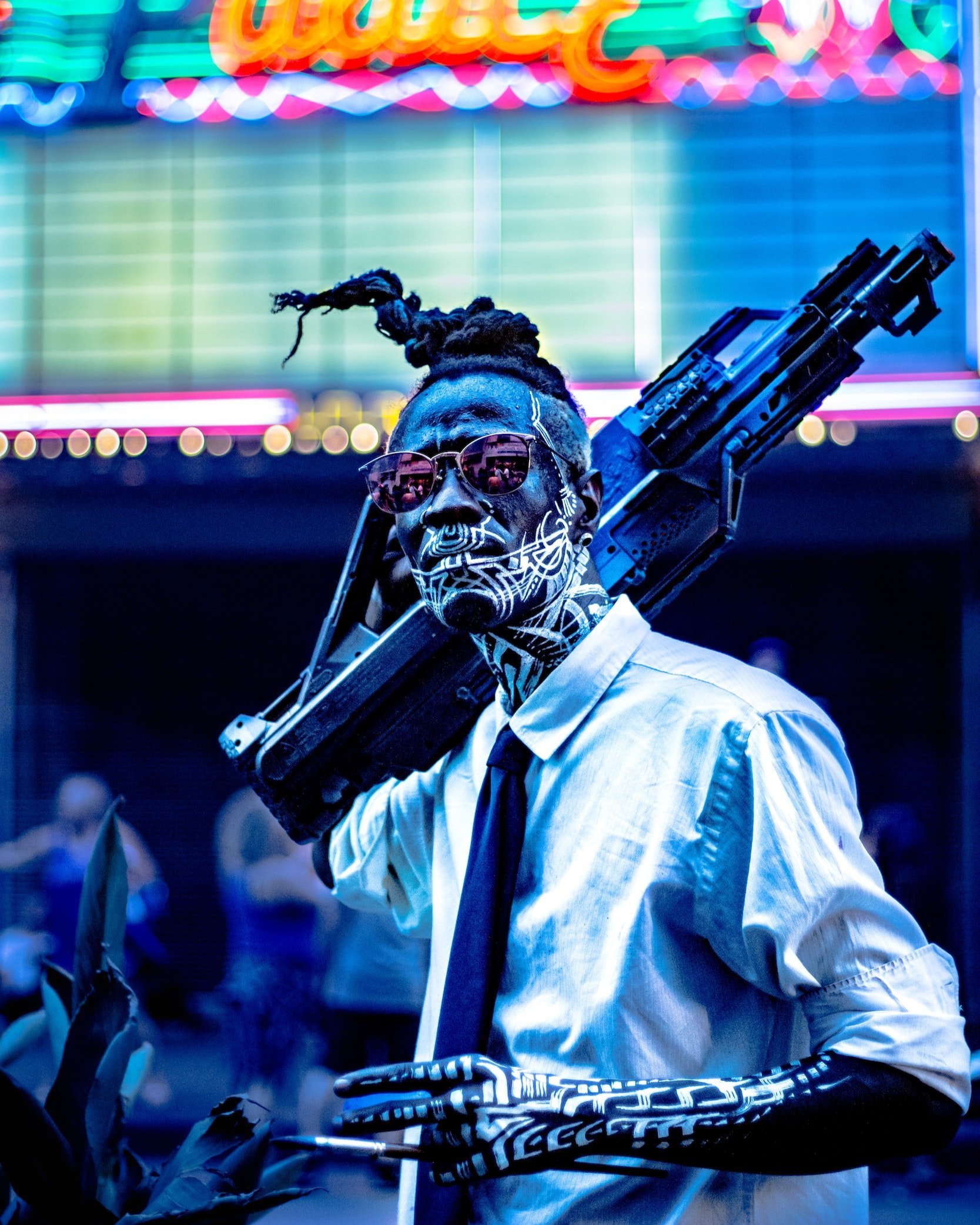Cyberpunk: Romanticism
This is the second of a four-part series on Netflix’s Cyberpunk: Edgerunners, and the philosophical themes that run through the series (SPOILER ALERT).
In last week’s post, mention was made of the final sequence of cyberpunk, in which David reaches the limits of his capacity to withstand the dehumanising effects of his augmentation, and plunges into the depths of cyberpsychosis. This is the backdrop against which David undertakes the most important job of his life, and gives meaning to his life as a cyberpunk, namely the rescue of Lucy.
A Christian viewer might look at this final sequence and see in it an act of self-sacrifice that mirrors Christ’s remark that a man shows now greater love than to lay down his life for his friends (Jn 15:13). While this reading is indeed plausible, I do think that read in the greater context of the series, David embodies another kind of love, the love of the 19th century Romantics.
Romantic philosophy, in a conscious rebellion against the rationalism of the Enlightenment, emphasised intuition and emotion as the grounds of truth. What is striking about David’s biography is that, from the get go, David’s trajectory is pretty much set by his emotions. It is his disgust at the polite society of Night City that drives him to choose the life of an edgerunner. Whilst there is a noble streak running in David, the series paints the picture that even his noblest of acts is under-girded by his emotional responses, from his many enhancements (including his final grafting to the exoskeleton that all but guarantees his cyberpsychosis) to even his attempt to rescue Lucy, which is driven by his romantic connection to her. This last point is something that the series reinforces more than any other, especially towards the end. Indeed, the rescue eventually becomes the act that defines David’s whole life; with the purpose of the rescue sealed by their final kiss, together with the series’ unofficial romantic anthem, “I Really Want to Stay in Your House” by Let’s Eat Grandma, providing the sonic backdrop.
Another point to consider is the way in which David plays what Romantic literature calls the Byronic hero (named after the English romantic poet Lord Byron). While Romanticism in general lauded the solitary hero who sets himself against the world, the Byronic hero is one that is, to borrow from the words of Lord Macaulay: “a man proud, moody, cynical, with defiance on his brow, and misery in his heart, a scorner of his kind, implacable in revenge, yet capable of deep and strong affection". All of these descriptors are more than apt in the depiction of David.
Probably the defining characteristic of the Byronic hero is the hero’s relationship to suffering. More specifically, a Byronic hero is one who takes on the world alone, and also resigned to suffer, and to do so gloriously. This again is something that David embodies, who goes into the fray knowing his loss of self to cyberpsychosis all but assured. Interestingly, his final destruction at the hands of his foe, Adam Smasher, is also marked as a moment of glorious victory, with the series anthem moving to the foreground, and sealed with a smile on David’s face.
Support Awkward Asian Theologian on Patreon, and help make a change to the theological web.




